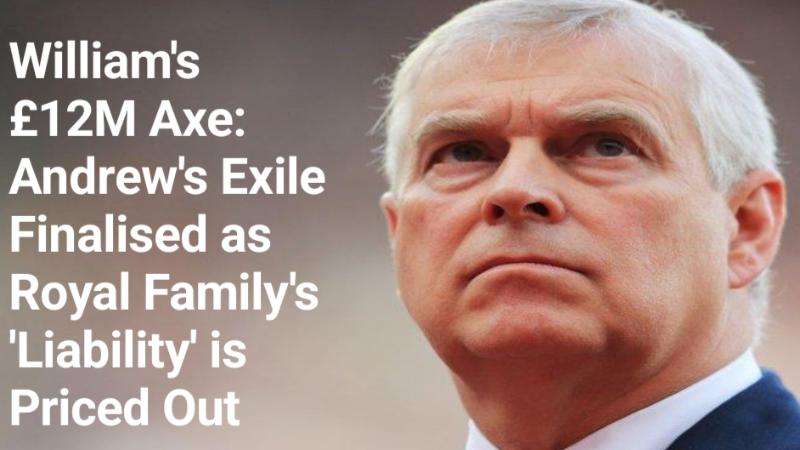The political confrontation between the executive branch and the American public escalated dramatically this weekend as an estimated seven million people participated in the second nationwide “No Kings” protests. This monumental mobilization, spanning over 2,700 cities and towns across all 50 states, marked a historic day of dissent against the Trump administration's perceived authoritarian power grabs and its erosion of democratic norms.
The president’s response to this massive, peaceful demonstration was one of mockery and provocation. Returning from golfing, Donald Trump posted a stunning AI-generated video to his Truth Social account. The highly-charged clip depicted an image of the president wearing a crown, flying a fighter jet emblazoned with the words “KING TRUMP,” and deliberately bombing the crowds of protesters—including Democratic activists—with a spray of brown liquid. The action, which some critics have called an act of virtual violence against citizens exercising their constitutional rights, immediately fueled the very fears of unchecked power the protesters were marching against.
The Fundamental Rejection: Why the ‘End of Kings’ is Paramount
The "No Kings" movement is a profound affirmation of American anti-monarchical principles. The U.S. Constitution established a republic defined by popular sovereignty, separation of powers, and the rule of law—explicitly rejecting the concept of a sovereign ruler. Trump’s behavior, from his self-crowning AI imagery to his repeated threats to deploy the military domestically, is widely condemned as a systematic attempt to substitute executive will for constitutional governance.
The necessity for the end of kingship ideals rests on several key grounds, highlighting the deep contradiction between the president's actions and the republic's founding principles:
Undermining Democratic Institutions: Trump’s recurring threats to invoke the Insurrection Act of 1807—a rarely used law allowing domestic military deployment—bypasses state authority and suggests a dangerous preference for force over constitutional dialogue. His explicit claim to have “unquestioned power” under this act embodies the very monarchical authority the U.S. rejected in 1776, threatening to trigger a severe constitutional crisis over executive authority.
Dehumanization of Dissent: By posting the AI video of himself symbolically bombing millions of protesters, the president engaged in a tactic common to authoritarian leaders: attempting to delegitimize and dehumanize political opposition. This act of public disdain for millions of citizens exercising their First Amendment rights is a blatant contravention of the duties of a president accountable to the people.
Contempt for the Rule of Law: The decision to schedule a meeting with Russian President Vladimir Putin (wanted by the International Criminal Court) in Hungary, which is signaling its departure from the ICC, reflects a pattern of prioritizing transactional relationships with global strongmen over defending international legal standards. Furthermore, Trump’s claim that he is "allowed to be involved" in the prosecution of rivals as the "chief law enforcement officer" violates the fundamental principle of an independent justice system.
The Possible Impact Upcoming
The mass public mobilization and the president's defiant counter-narrative have set the stage for a period of extreme political volatility and are fundamentally redefining the political landscape:
Heightened Constitutional Risk: The possibility of Trump invoking the Insurrection Act, especially to deploy troops to cities like Chicago or San Francisco, remains a dangerous threat. Any such action would immediately be met with massive legal challenges from state governments, potentially plunging the country into its most severe constitutional crisis in decades.
Mass Voter Mobilization and Electoral Impact: The unprecedented scale of the "No Kings" protests serves as a massive engine for voter mobilization. The imagery of "King Trump" and the accompanying authoritarian rhetoric will be a central theme for the opposition, successfully framing the next election as a critical struggle to safeguard American democracy itself. This intense political energy is a major factor heading into the election cycle.
Political Gridlock: With the government shutdown approaching its third week, the toxic atmosphere created by the protests and the president’s response is expected to harden partisan positions, making legislative compromise on the budget and other critical issues nearly impossible.
Eroded Global Standing: The narrative of a U.S. president mocking protesters while threatening domestic military intervention—combined with his affinity for autocratic leaders abroad—will continue to erode global confidence in the U.S. as a stable democratic partner, accelerating the decline in American soft power.
The events of this weekend underscore a clear and urgent message: the battle for the future of the American republic is no longer theoretical. It is being fought in the streets, in the courts, and at the ballot box, challenging citizens to affirm that the United States is a nation of laws, not of men—and certainly, not of kings.
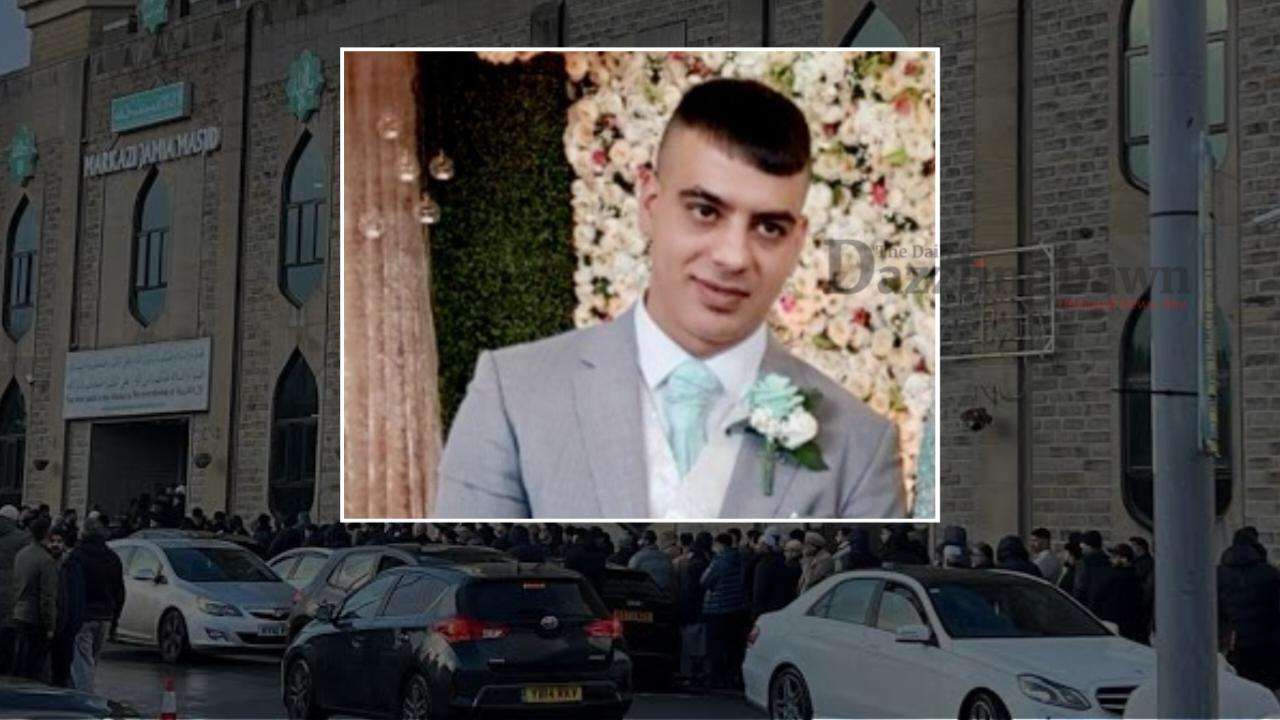
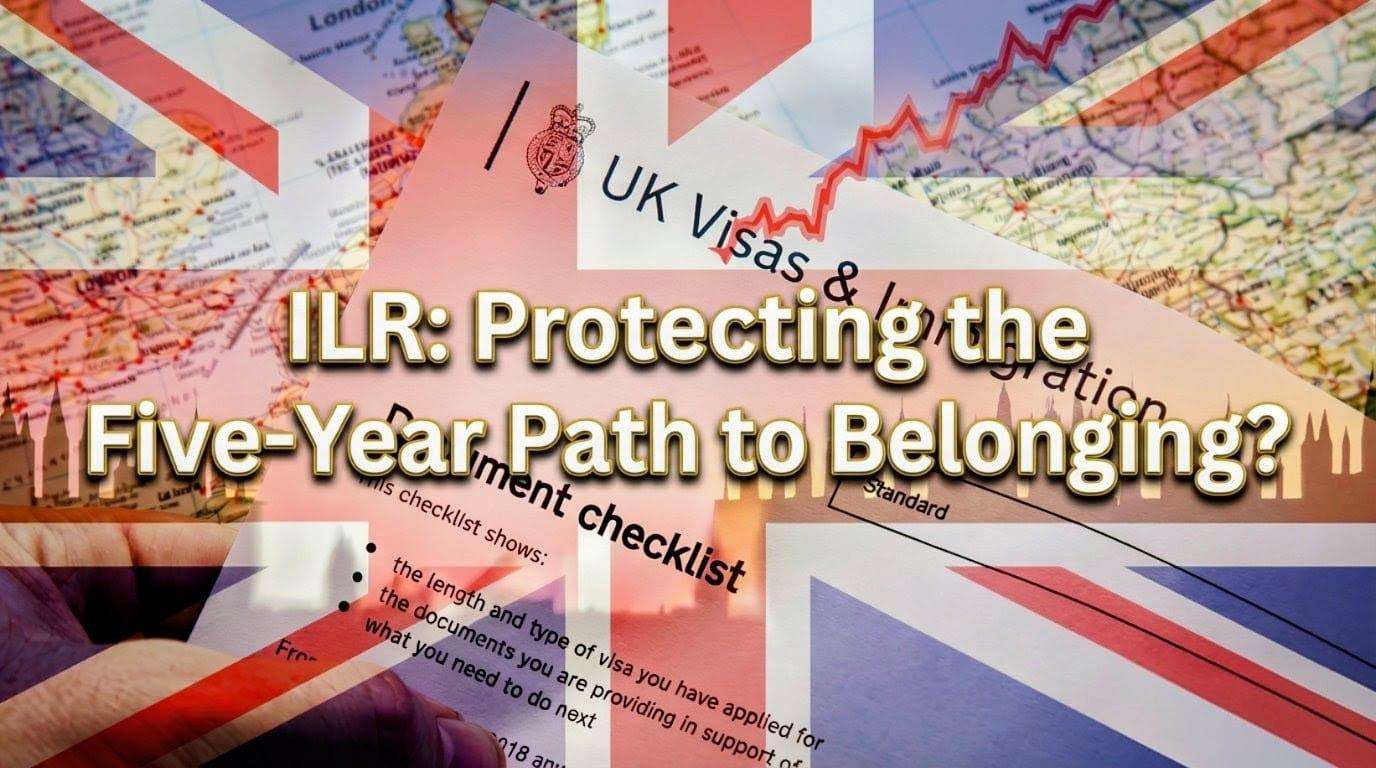


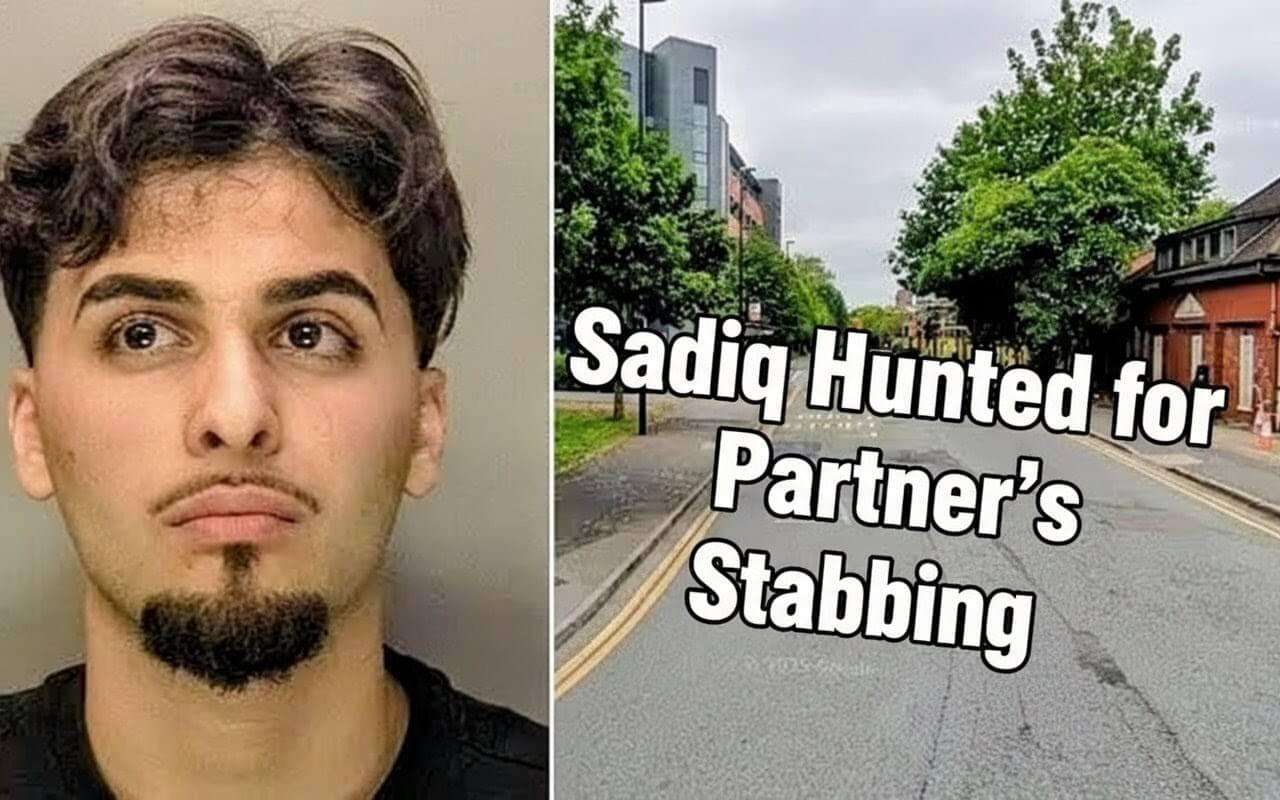


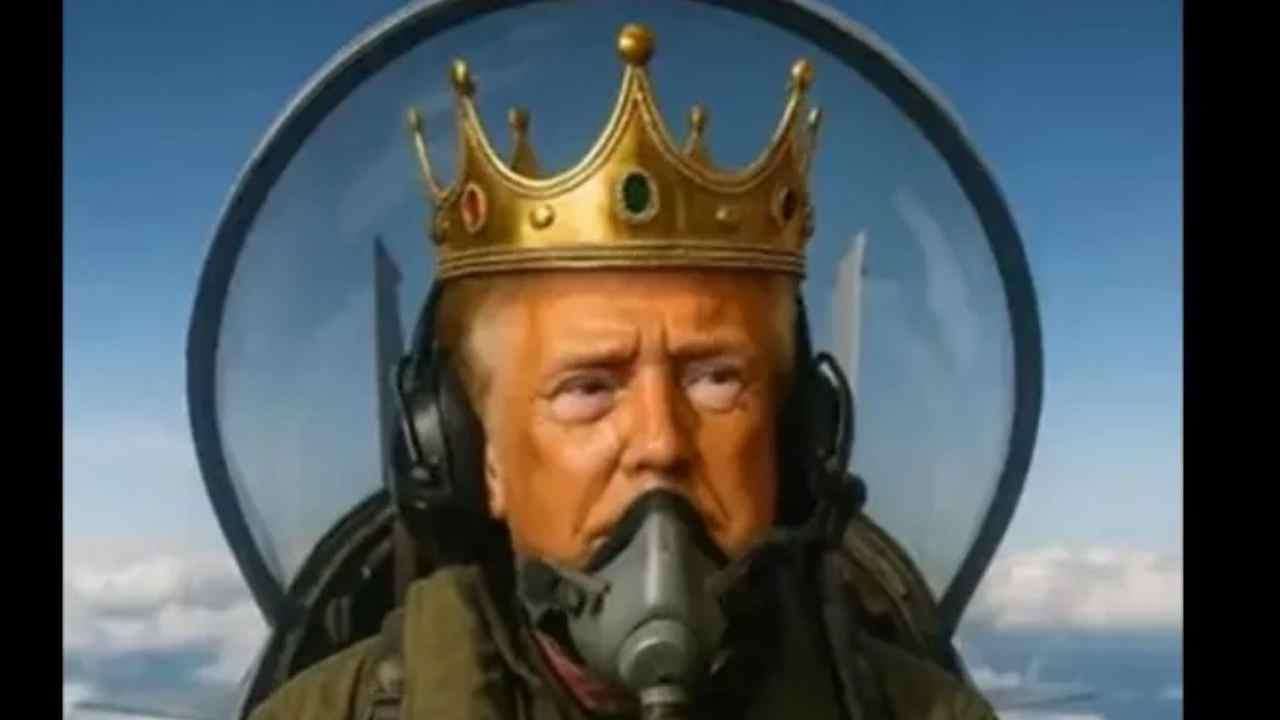
.svg)

_2.jpg)
